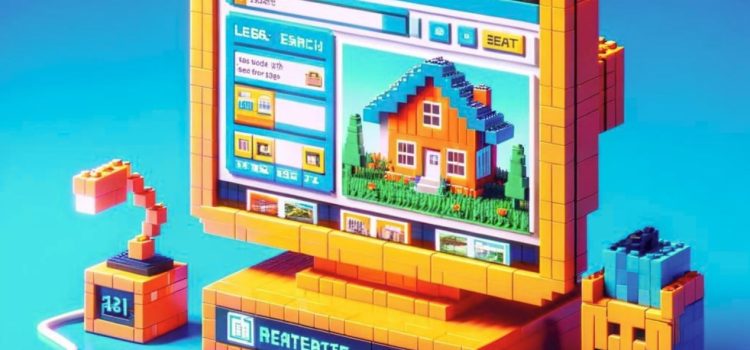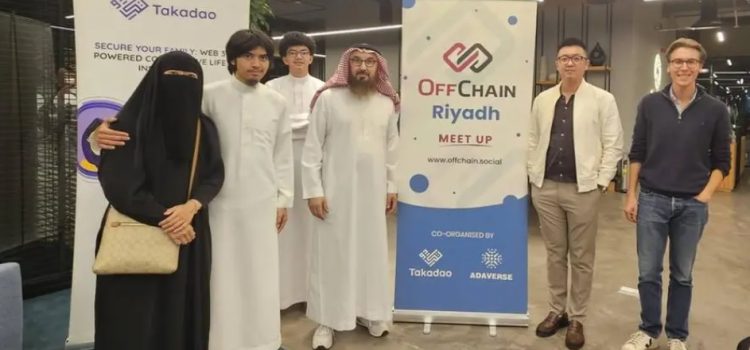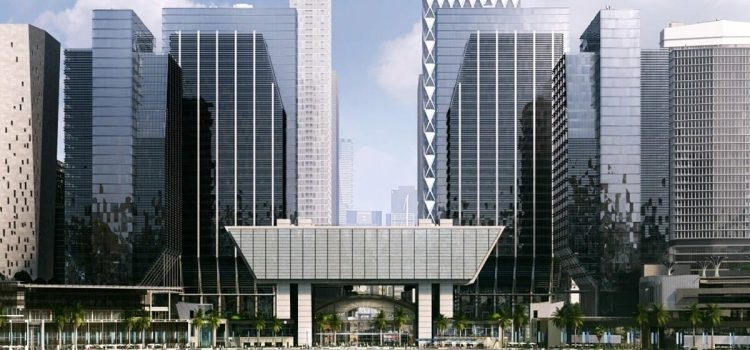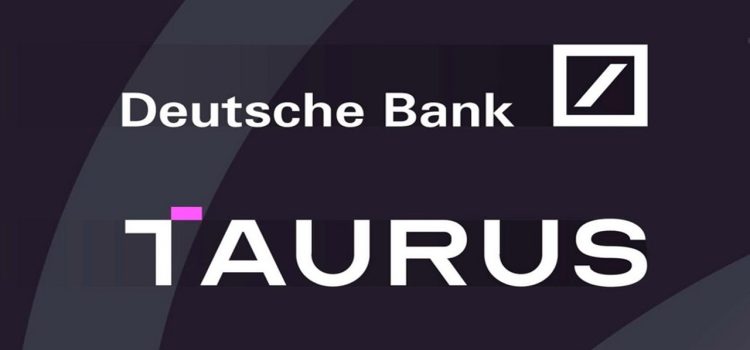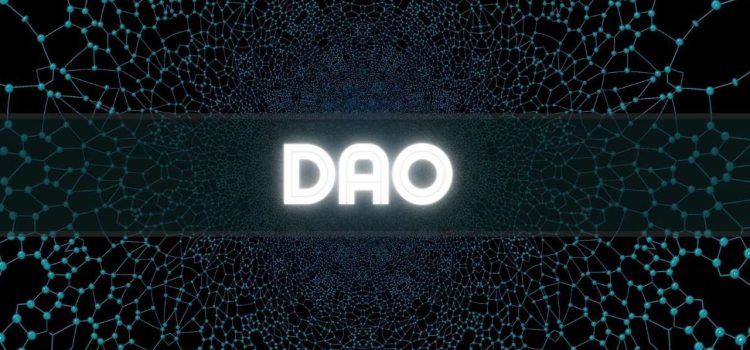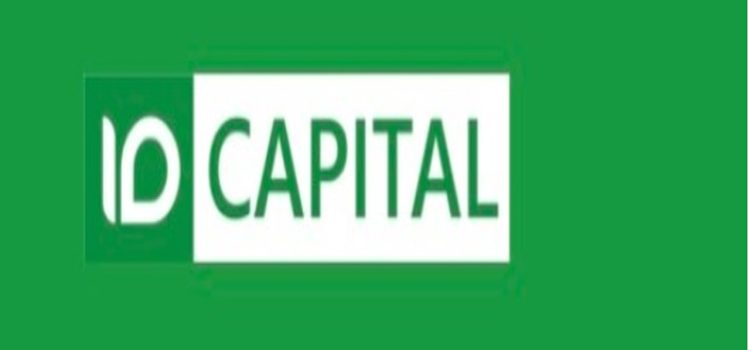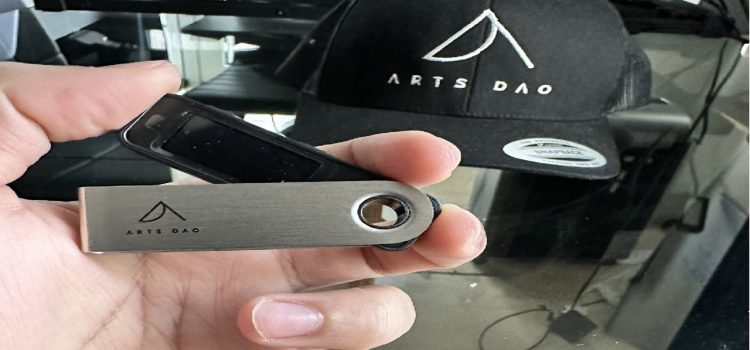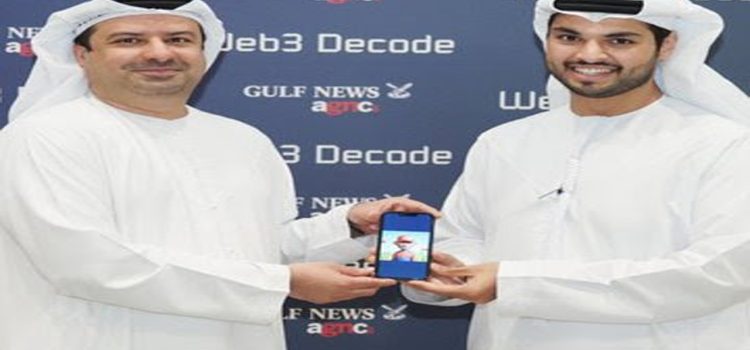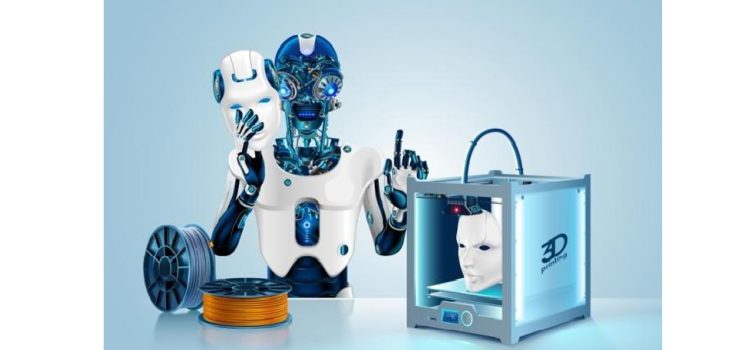Latham Watkins announced that it advised UAE’s Abu Dhabi Global Market (ADGM), financial free zone in the Distributed Ledger Technology (DLT) Foundations regulations, which aims to further build the digital assets hub.
UAE’s Abu Dhabi Global Market after announcing its DLT token issuance consultation paper in April 2023 has now officially launched its new regulation that will allow DLT (Distributed Ledger Technology) Foundations, DAO (Decentralized Autonomous Organizations) to issue tokens.
This means that DLT Foundations of Layer 1 or Layer 2 protocol Foundations can receive licenses from ADGM and offer tokenized assets, or digital assets, or possibly established organizations wishing to use DLT and issue tokens.
This new regulation could encourage global blockchain DLT protocol Foundations such as Ethereum, Cardano, Hedera, and others to enter the UAE. UAE based Venom Foundation, a Layer1 blockchain protocol could also benefit. The Foundation recently announced a partnership with the UAE Government to establish the National Carbon Credit System can also utilize the new regulation.
The DLT Foundation regulation came as a response to interest from foundations being used for DLT purposes that require issuance of governance tokens.
According to Latham Watkins press release, “The regulations, published on November 1, 2023, present a worlds-first purpose-built legislative framework for establishing and operating DLT foundations for the use, deployment, development, facilitation, or support of DLT or issuance of tokens. They aim to provide market players with ample governance flexibility within DLT foundations recognizing new realities in decentralization.”
The Latham team was led by Dubai/Riyadh partner Brian Meenagh and London partners Stuart Davis and Andrew Moyle, with Dubai associate Ksenia Koroleva, Riyadh associate Matthew Rodwell, and London associate Sam Maxson leading on benchmarking and drafting. Advice was also provided by New York partner Stephen Wink, Hong Kong associate Zoe Wang, Singapore associate Gen Tan, and San Francisco associate Adam Zuckerman.
Stuart Davis, Global Co-Chair of Latham’s Digital Assets & Web3 Practice, commented: “This bespoke regime for DLT foundations, catering to a vast spectrum of blockchain and web3 use cases and decentralized business models, significantly advances the industry, reinforcing ADGM’s position as a leading market for blockchain innovation.”
As per the ADGM press release, “The new regime is set to enable positive transformation across the blockchain and Web3 landscape, fostering a more transparent and efficient future. Issued by the Registration Authority (RA) of Abu Dhabi Global Market (ADGM), the Distributed Ledger Technology (DLT) Foundations Regulations 2023 marks a significant milestone in the evolution of digital assets regulatory frameworks across the region and at an international level. It aims to provide a comprehensive framework for DLT Foundations and Decentralized Autonomous Organizations (DAOs), enabling them to operate and issue tokens recognizing the unique needs of the Blockchain industry.”
According to the regulation document, a DLT Foundation is a legal entity established to use, deploy, develop, facilitate or support DLT or to issue tokens.
Looking into the regulation rulebook, when it comes to token issuance, DLT Foundations will have to provide information about the operation of the relevant smart contracts, vesting schedules and overall token supply over time; and provisions, if applicable, on pre-emption and buy-back rights (and circumstances in which those will apply), as well as provisions regarding token economics; any restrictions on transferability or technological lock-ups; types of Tokens that the DLT Foundation can issue or limitations on types of Tokens that the DLT Foundation can issue and blockchain protocols used for issuance; as well as the purposes and intended use of Tokens.
His Excellency Ahmed Jasim Al Zaabi, Chairman of ADGM, stated, “Abu Dhabi is rapidly emerging as the destination of choice for global players at the forefront of digital asset development. The introduction of the DLT Foundations Regime marks a revolutionary step forward, reinforcing ADGM’s commitment to a proactive approach rooted in extensive cross-industry dialogue and collaboration with various stakeholders. The new regime serves as a driving force for positive change in the digital assets sector. By transforming the blockchain and Web3 landscape, we are moving towards a future characterized by setting global benchmarks with enhanced transparency and efficiency.”









